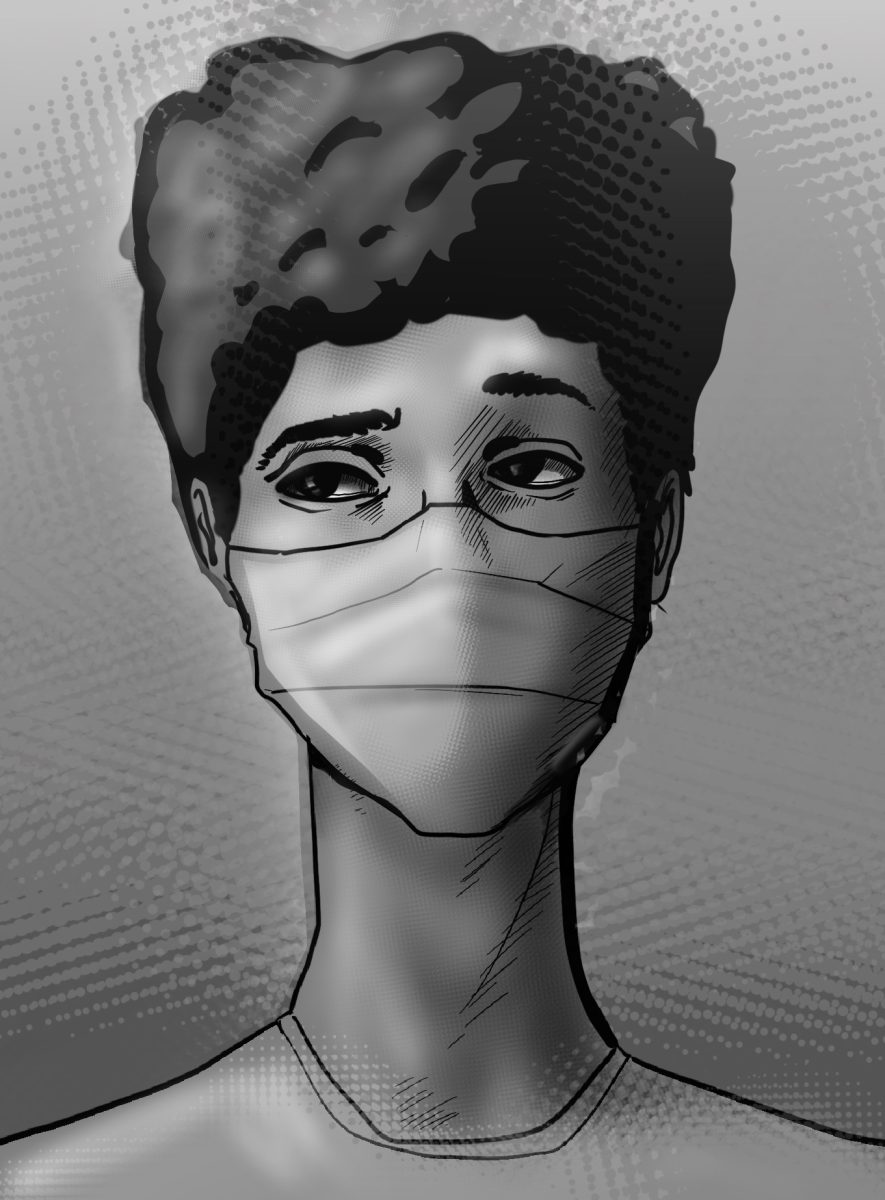COVID-19 changed our lives as we knew them. There was no way that we could have predicted how it would change our futures in both the real world and our education systems. While we transitioned from digital learning, to masks, and back to a “normal” life we tried to remember just two years later, the social norms we once knew had already started to change. The pandemic introduced a stigma into our society; a stigma about being sick.
Being sick used to be normal. Kids would show up with sniffing noses, and no one would really bat an eye. They would cough in your face, into their hands, touch everything, or make it a joke. Still, no one ever really seemed to be severely bothered.
COVID changed the means of being sick. Now, being sick means adapting to an entirely new thing: illness etiquette.
Change #1: Many have stopped using tissues indoors. Students usually step outside the classroom in order to not cause a disturbance or make others uncomfortable to be around them.
Change #2: The frequent use of hand sanitizer. Senior Ava Kellerman knows this well, as she is typically seen carrying a small bottle of it in her pocket.
She tends to share it with her classmates and friends, including senior Talia Vallese, who also sees it as a necessary item to have on-hand. “I don’t want to get sick, especially if it’d spread to my family at home,” Kellerman said.
Change #3: Stay home if you have a fever. No one else wants to be sick, and the spreading of disease is easier when more people go to school sick.
“You have to be in the right condition to be able to learn at school, and if you’re sick, you’re not doing yourself any favors,” Health Technician Brett Williams said.
The best ways to stop the spread of disease are to wash your hands and to make sure you aren’t exposing more people to it. Some students on campus may have medical conditions that make it difficult to recover after being sick. Keep in mind that even if students have a simple cold, they can still cause unintentional harm.
Many teachers in response to not wanting to get exposed to potential illnesses have refused paper assignments, one reason why most submissions these days are digital.
“Sometimes I see kids taking it seriously— if they do decide to come to school sick, they’re wearing masks and doing what they can to be respectful of people who don’t want to get sick either,” AP English Language and Ethnic Lit teacher Kathryn McMillan said. On the daily, she sees at least one student— and some days more than a few per period— who is sick at school.
But, some students still prioritize their academics over their personal well-being, and instead of staying home they fight through their illness in favor of completing assignments and tests and listening to lectures.
Now, there is more judgment surrounding getting sick and coming to school. Whether or not it’s addressed out loud, teachers especially do not want sick students in their classrooms, considering the hundred or more students that they encounter on a daily basis.
“While the numbers of COVID cases are going down, students continue to come to school sick. Usually they have tests that they feel like they need to take, then have their parents check them out of school.” Health Technician Brett Williams said. While tests are important for students’ grades, keep in mind that physical health should always trump grades and schoolwork. Teachers post assignments on Canvas, so skipping a day or two will not cause students to fall severely behind.
Students who choose to stay home help everyone’s health.







